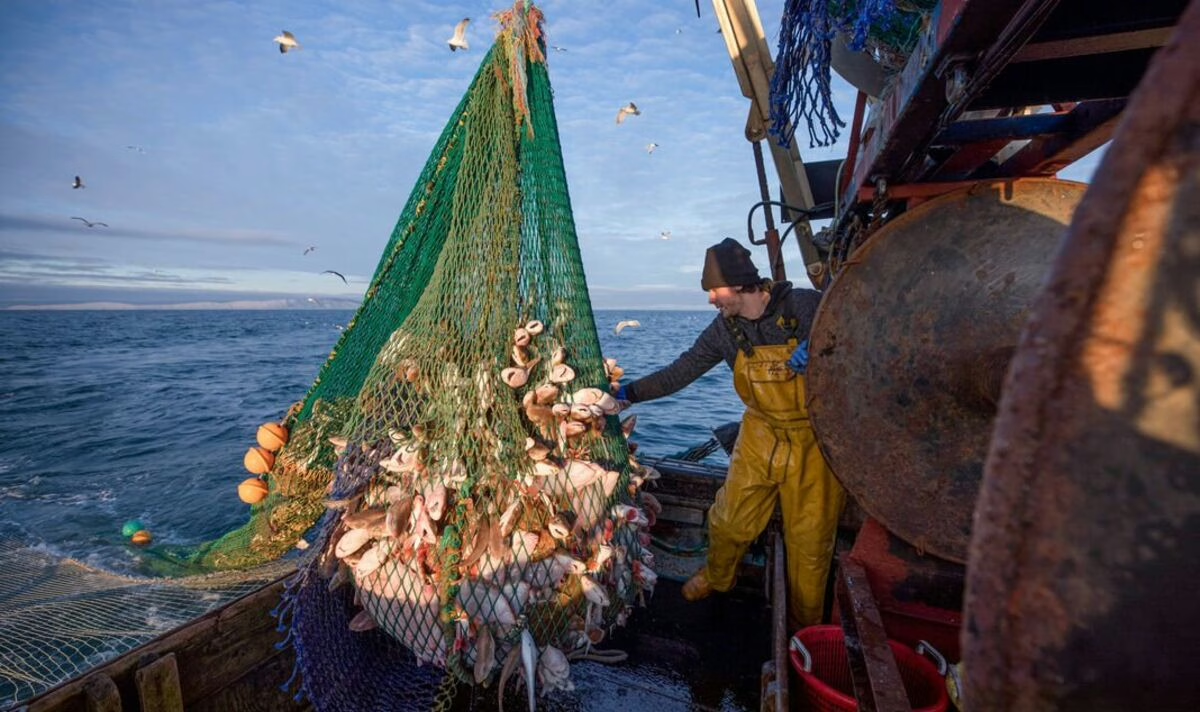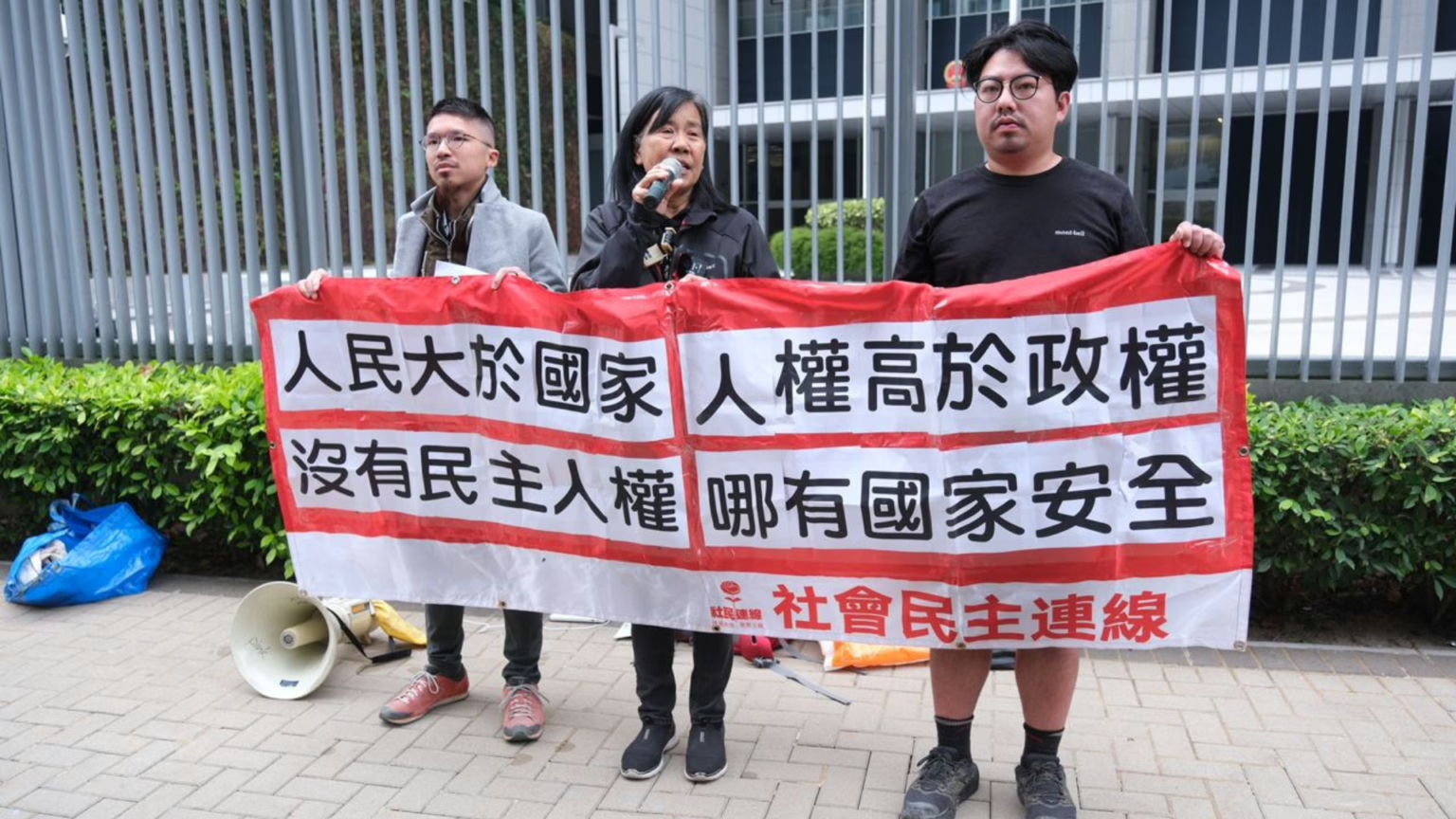The UK and EU have signed a landmark agreement at the London summit, reshaping post-Brexit relations, with the fisheries deal igniting fierce debate. The pact extends EU fishing rights in UK waters until 2038 and pledges £3.6 billion to revitalise the sector, but critics question whether it sacrifices UK fisheries sovereignty and fishermen’s interests.
Deal Highlights: 12-Year Extension and Major Investment
The agreement prolongs the 2020 Trade and Cooperation Agreement’s fisheries terms until 30 June 2038, with key points including:
- Quota Freeze: EU vessels retain access to UK waters (6-200 nautical miles), maintaining current quotas (roughly 25% of total UK waters’ catch), with no increase for the EU and no reduction for UK fishermen.
- £3.6 Billion Revitalisation Plan: The UK government will invest £3.6 billion to modernise fishing fleets, train fishermen, and boost coastal communities, particularly in hard-hit areas like Scotland.
- Sustainability Pledge: Both sides will jointly monitor fish stocks, safeguarding North Sea species like cod and mackerel to prevent overfishing.
Coupled with a “Sanitary and Phytosanitary” (SPS) agreement, the deal simplifies border checks for UK seafood exports to the EU, cutting costs and stabilising the EU market, which accounts for 70% of UK seafood exports.
Negotiation Tug-of-War: Sovereignty vs Pragmatism
Fisheries have long been a flashpoint in UK-EU talks. The EU initially demanded permanent access to UK waters as a condition for the UK’s participation in a €150 billion EU defence fund and trade concessions. Prime Minister Keir Starmer insisted on a time limit, securing a 12-year extension as a compromise. The government stresses this preserves the right to renegotiate post-2038 while avoiding immediate conflict and ensuring economic stability.
Fishermen’s Interests and Sovereignty Under Scrutiny
Supporters argue the deal delivers tangible benefits:
- Simplified export processes could reverse the 15% drop in UK seafood exports post-Brexit, potentially lowering supermarket food prices.
- The £3.6 billion investment aims to modernise the industry and create jobs, contributing to an estimated £9 billion economic boost by 2040.
Critics, however, slam it as a betrayal:
- Reform UK leader Nigel Farage branded the 12-year extension a “surrender”, claiming UK waters remain “plundered” by the EU.
- Scottish fishermen, whose waters are a prime EU fishing ground, are particularly incensed, arguing the deal fails to cut EU quotas and harms local interests.
- Conservative leader Kemi Badenoch warned that the agreement indirectly ties UK fisheries to EU rules, potentially stifling innovation.
The National Federation of Fishermen’s Organisations acknowledges the export benefits but remains wary of long-term quota competition and uncertainty beyond 2038.
Future Challenges: Stability or Sell-Out?
The deal offers a 12-year period of stability, but post-2038 arrangements remain unclear, potentially reigniting tensions. Links to the Northern Ireland Protocol’s border arrangements also need further clarification. Analysts note Starmer’s balancing act between economic pragmatism and Brexit sovereignty promises, amid his approval rating languishing at 23%.
Conclusion
This fisheries agreement marks a pivotal step in resetting UK-EU ties, securing trade and investment while fuelling controversy over sovereignty and fishermen’s interests. The success of the £3.6 billion pledge and the UK’s ability to reclaim water control post-2038 will be closely watched by the fishing industry and political observers alike.
ENDS
Discover more from “Bridging Hongkongers. Reporting Truth.”
Subscribe to get the latest posts sent to your email.




